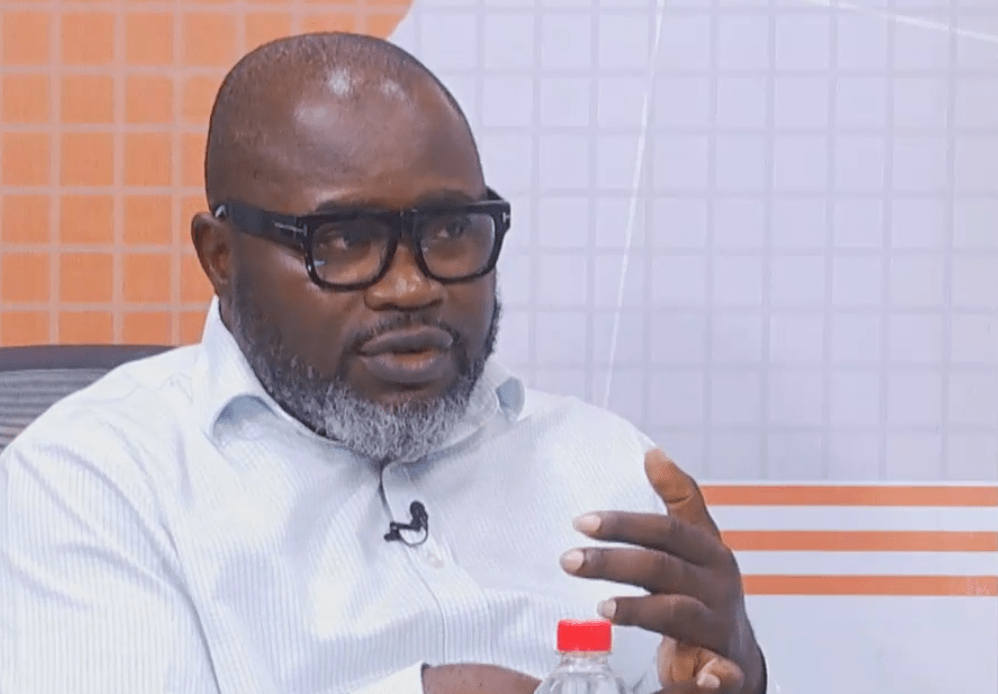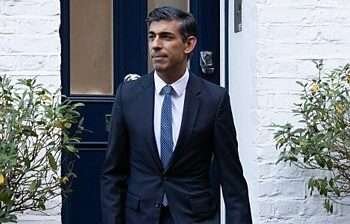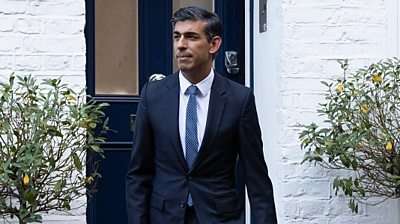Ghanaians could be paying nearly triple the current Energy Debt Recovery Levy on fuel in 2025, according to Kofi Asare, Executive Director of Eduwatch Africa.
The government, he warned, is preparing to increase the levy from 49 pesewas to GHC 1.49 per litre—a move aimed at generating nearly GHC 15 billion to tackle mounting energy sector liabilities.
The current 49 pesewa-per-litre levy is expected to generate around GHC 9 billion by year’s end. However, Asare disclosed that the government plans to introduce an additional GHC 1 per litre, bumping the total levy up to GHC 1.49.
This adjustment, if implemented, would raise an extra GHC 5.9 billion, all in a bid to contain what he described as a “crippling energy sector debt.”
“By January 2025, total energy sector debt was in excess of GHC 45 billion. One major reason this debt exists is that ECG cannot account for over 30% of the power they sell. So we must always pay for that 30% through taxes. Reality is, even people who are able to pay can’t have access to metres in a reasonable time.”
Kofi Asare

Accordingly, Asare warned that the situation has serious consequences. The 30% power loss by ECG is routinely covered through public taxation, effectively turning the energy sector’s debt into a lasting burden for taxpayers.
The problem is made worse by basic infrastructure failures—many paying customers still face long delays in getting electricity meters, due to poor service and inefficient systems.
He argued that the Energy Debt Recovery Levy amounts to an “inefficiency tax” that Ghanaians may be forced to pay indefinitely unless bold and urgent reforms are implemented.
Energy Debt Pushes Call For Reform Amid Fuel levy Increase
To address the entrenched inefficiencies in the energy sector, Kofi Asare called for bold structural reforms, beginning with the privatization of the Electricity Company of Ghana (ECG).
He proposed that ECG be listed on the stock exchange to allow ordinary Ghanaians to invest in, co-own, and help manage the utility.
Without such decisive action, he cautioned, the expanded Energy Debt Recovery Levy would simply amount to wasted public funds—poured into a failing system with no sustainable results.

“The lessons from the past indicate that politicians cannot manage the ECG. Other measures include ensuring that the quarterly tariff adjustment is maintained even after the IMF programme.
“This is because ECG buys electricity from the factory in dollars and pays the factory in dollars, after selling in cedis to us. The failure to regularly adjust tariffs in line with dollar trends only adds up to the debt, as was the case prior to 2023 when the IMF forced the government to reintroduce it.”
Kofi Asare
As part of Ghana’s agreement with the International Monetary Fund (IMF), quarterly tariff adjustments were reinstated in 2023.
Asare emphasized that these must be maintained long after the IMF programme concludes, otherwise, the country risks returning to unsustainable levels of energy sector borrowing and subsidy.
Another major concern is public trust. With so many citizens questioning the efficiency of state-run institutions, increasing taxes or levies without improving services only deepens skepticism.
Asare believes that privatizing ECG would introduce both competition and transparency—factors he sees as critical to restoring credibility and cutting waste.

He also warned of the broader economic impact of failing to rein in the energy sector debt. In his words, the sector is “threatening to cripple the economy,” and every delay in addressing its structural flaws only increases the financial burden on ordinary Ghanaians.
Asare’s message to the public is clear: any government that refuses to make timely adjustments to electricity pricing, or shies away from difficult reforms in ECG, is “destroying the energy sector.”
His proposals call not only for technical fixes but also for a deeper cultural shift—one that prioritizes accountability, efficiency, and long-term financial sustainability.
For now, though, Ghanaians should brace themselves for a fuel price hike driven by the need to finance decades of neglect and mismanagement.
Whether this will finally spark the political will to overhaul ECG remains uncertain, but one thing is clear: the Energy Debt is no longer just a government problem—it’s a national one.
READ ALSO: Bloodbath on the GSE




















